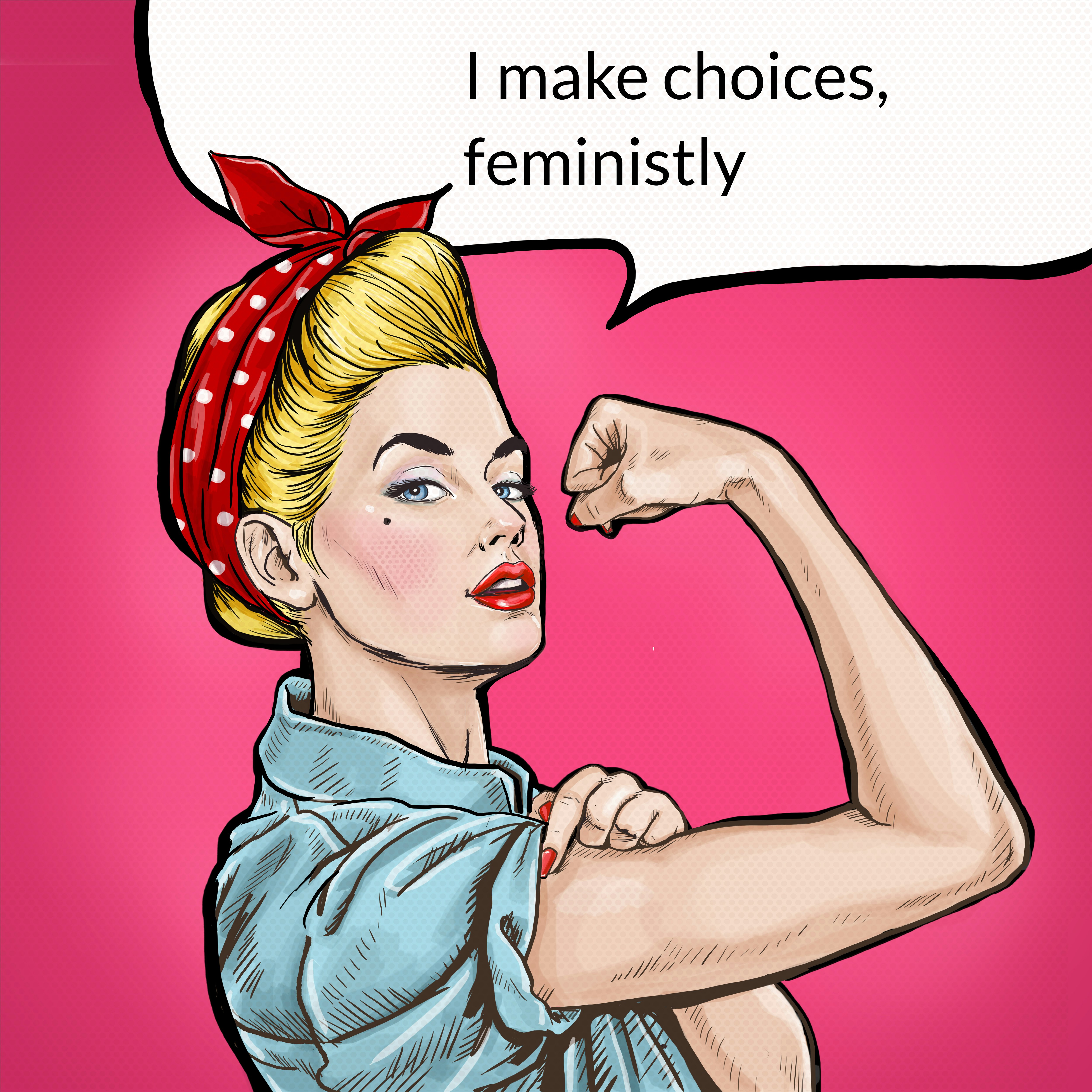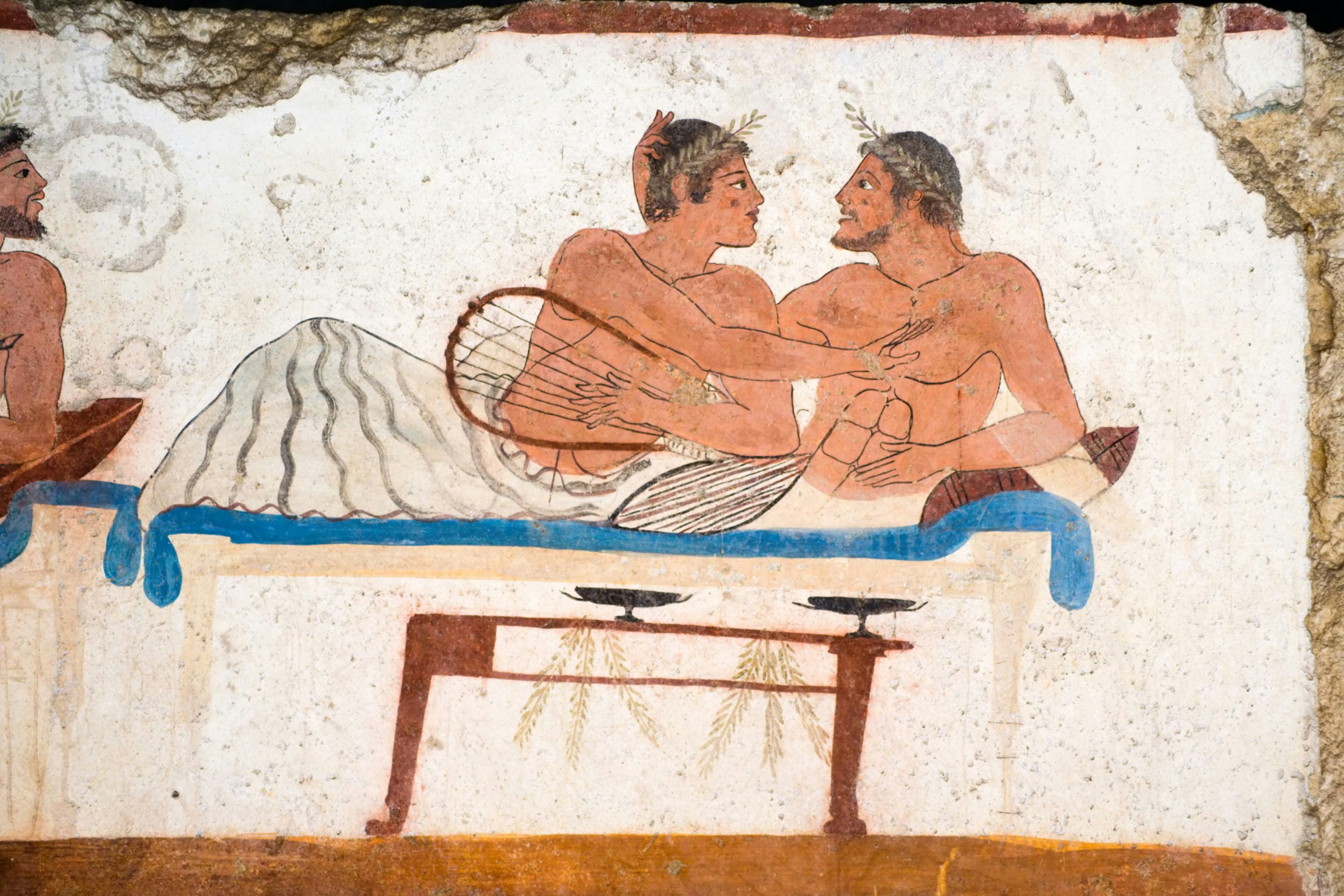I still remember the first debate I ever did. It was in a high school classroom that smelled of deodorant. Our school ran a debate club on-and-off throughout my adolescence, and I loved the idea of taking part ever since I first saw a session in eighth grade. As a dorky 11-year-old drowning in a sweater I was supposed to “grow into,” I sat in the back of the audience, enthralled. The debaters were all much older than me and used a lot of big words, like the smarter adults I knew and wanted to be.
Five years later, I was 16, very confident in my intelligence, and very insecure about everything else (still hadn’t grown into that sweater). A classmate decided to start up the debate club again, and I pounced on the opportunity to join. Our first subject was reinstating the death penalty, and I was “anti” (since we were young and sincere, we all picked the sides we really believed in. One of the people on the “pro” side is now a cop).
For our opening speech, I gave all the points you would expect in an argument against the death penalty: the unacceptably high rate of false convictions, the particular targeting of non-white defendants, the cost, the cruelty, the lack of data proving its effectiveness as a deterrent. My opponent’s speech was much shorter. They simply named three famous child killers — including one who had murdered someone three miles from our school — and said “do you think these people deserve to live?”
My opponent won.
To understand why debate is inadequate to the task of our current moment, one need look no further than the Munk Debate: a biannual event held in Toronto in which well-known academics, pundits, and policymakers argue about controversial statement in a modern-day gladiatorial battle. Most recently, the resolution was “the future of America is populist, not liberal.” Squaring up against each other were the notorious ex-White House strategist and jacuzzi-ruiner Steve Bannon, and guy-who-coined-Axis-of-Evil-but-is-somehow-now-in-the-Resistance David Frum.
There was an outcry over the decision to give Bannon yet another platform, but for supporters of this type of event, scandal is a sign of success. After all, these days we are constantly being told that one of the top threats to society is not climate change or fascism but people stifling debate. Some claim that by “no-platforming” controversial speakers, or calling pundits mean names on Twitter after they say something racist on Bill Maher’s show, we are facilitating a dangerous slide into illiberalism. If those pearl-clutchers are to be believed, the key to becoming a society of informed and sophisticated intellectuals is to hook ourselves up to an IV of pure debate, and let the heated repartee course through our veins until it leads us to fact-based solutions.
As it turned out, the debate didn’t go so well for fans of liberalism. Frum himself tried to make sense of it in a postmortem published in The Atlantic, scratching his head at the wreckage he and Bannon had left behind. At first, the post-debate polling suggested that Bannon had won the hearts and minds of the audience, with 57 percent taking his side by the end, compared to 28 percent at the start of the event. Later the Munk Debate officials issued a correction, stating that the audience voted exactly the same at the start and the end, which by the debate’s rules is considered a draw. The situation remains somewhat unclear, but we know this much: best case scenario, Frum got onto a stage with a person who appeals to humanity’s grossest instincts, believing he could defeat those instincts with knowledge, reason, and Enlightenment values — and he didn’t move the needle in the slightest.
These days we are constantly being told that one of the top threats to society is not climate change or fascism but people stifling debate.
Admittedly, debates can produce some pretty entertaining clips of people you don’t like getting owned. Peewee Republican Charlie Kirk’s explosive anger at being asked his salary is objectively funny. And, depending on the format, debates can sometimes be well-paced, reasonably fair, and introduce you to new information.
A recent debate at Pomona College, between Dan Mitchell of the libertarian Cato Institute and Nathan J. Robinson of the socialist magazine Current Affairs, is an example of a calm, well-moderated discussion in which both parties had the space to explain themselves. Perhaps this has something to do with the fact that this event was intended for a small audience and seemingly recorded and uploaded as an afterthought, rather than expressly for the plentiful Youtube money that rains down on any right-wing pundit who finds an audience of excitable young reactionaries craving edgy video content.
But any form of debate is inherently flawed. The aim of debate is not to provide a detailed, cogent, well-sourced answer to the question at hand. The aim of debate is to be the most convincing, not the smartest, and anyone who’s good at debating knows this. This is how former Breitbart scribe Ben Shapiro has a reputation as an intellectual warrior when his arguments mostly consist of saying incorrect things very fast. This is why conservative political commentator Steven Crowder has a series called “Change My Mind” in which he ambushes random college kids with a big binder full of pre-prepared talking points, and pulls the mic away from them anytime they seem like they might actually change someone’s mind. This is how a call to murder pedophiles got my high school audience onside better than my scribbled stats on deterrence rates did.
People — yes, even you — do not make decisions on an entirely rational basis. An audience is more easily won over with a one-liner that inspires applause or laughter than a five-minute explanation of a complicated phenomenon. A false statistic repeated confidently will be more convincing than a truth stated haltingly by some guy you’ve never heard of, and who you’ve already decided you don’t like because he’s arguing against the guy you came to see. Massively complex ideologies with hundreds of years of scholarship behind them are reduced to a couple of fast-talking egos in Dockers thinking about the best way to make their opponent look like a dumbass. Debate is not politics. It’s theater.
Real learning is hard. It’s a slow, confusing process where you sometimes have to read long books with dreadful covers, and look at footnotes and shit. It requires us to recognize and then overcome our biases as best we can. It can take years to learn what we really think and why, and then if we get a lingering feeling we might be wrong, it can take years to un-learn and start all over.
Debate, in contrast, offers an easy way out. Some dudes spouting their favorite buzzwords in each other’s vicinity makes us feel smart and engaged, like we’re in that fresco of the Greek men they put on all the philosophy textbooks. (Small aside — have you ever noticed how in this image, all the female figures look thoroughly sick of these guys?) However, the format of debate, which is supposed to represent the height of intellectual tradition, encourages us instead to applaud the candidate who is best at using simple rhetoric, looking suave, and machine-gunning irrelevant lines at their browbeaten interlocutor. These are all things that real intellectual inquiry is supposed to look beyond.
Do not be tempted by the promise of easy satisfaction. Watching a debate can make you actively worse at understanding the nuances of a topic. If you want to really know about a subject, here’s my advice: read widely and extensively (and not just the books your favorite YouTuber recommends). Talk to people, patiently and fairly, rejecting your instinctual desire to win. And perhaps most importantly — take this from a veteran — do not reward former debate team kids with your attention. They are the worst type of nerds and they never share their snacks.














